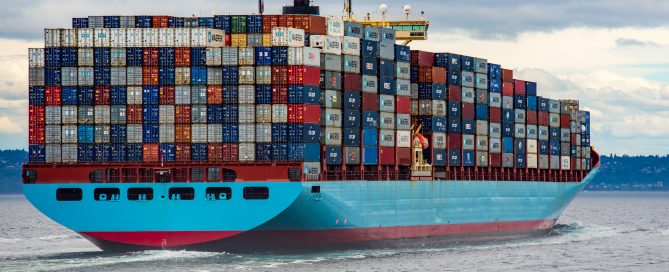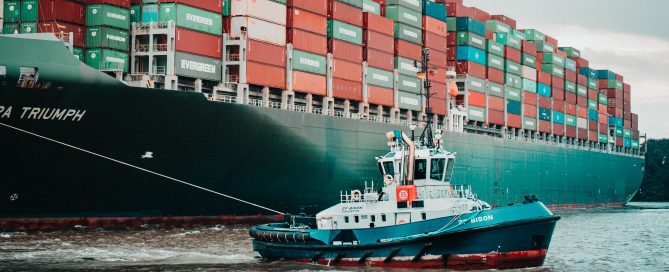Port of Baltimore and the Key Bridge Collapse: Impact on US Imports and Accessibility Challenges
Impact on US Imports and Accessibility Challenges The closure of the Port of Baltimore due to the Key Bridge collapse presents significant challenges for US imports, particularly those destined for the East Coast. As one of the largest ro-ro ports in the United States, Baltimore handles a substantial portion of [...]








